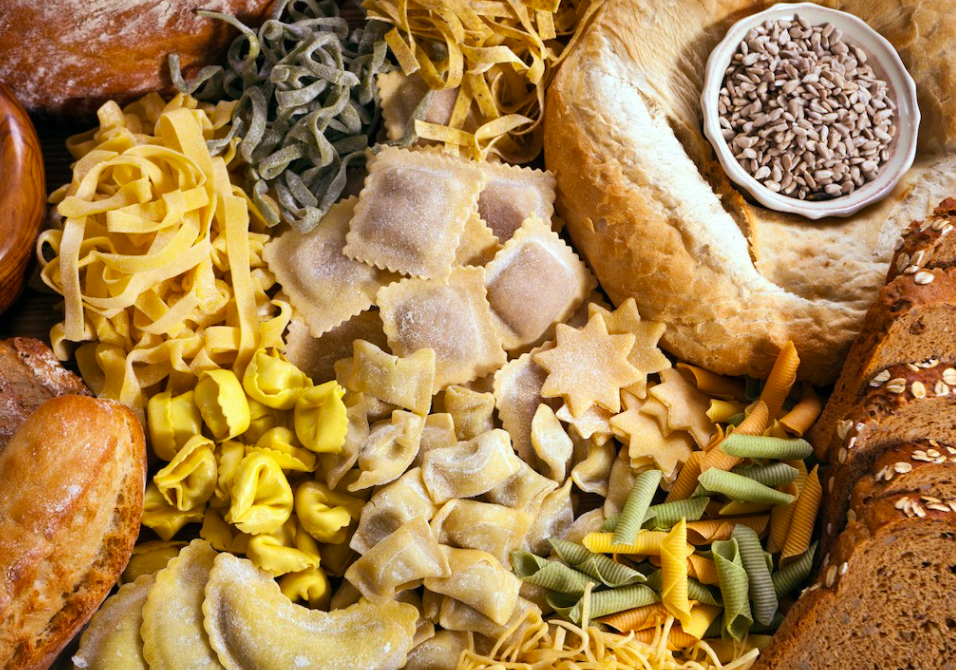
There are three types of carbohydrates to be aware of: sugar, starches, and fiber. These three types are broken down into two standards – simple versus complex. These standards are classified by chemical structure and how quickly the sugar is digested and absorbed. This is important because high amounts of simple sugars raise triglyceride levels, which may be associated with coronary heart disease, diabetes, and fatty liver.
Simple carbohydrates are digested quickly and send immediate bursts of energy via glucose into the bloodstream. Refined sugars provide calories, but lack nutritional value like vitamins, minerals, and fiber, which can lead to weight gain. Naturally occurring sugars, however, can be found in milk and fruits, which often contain those nutrients that are beneficial for the body.
Complex carbohydrates digest slower than their counterparts and release glucose more steadily, which produces more consistent energy throughout the day. To get the most out of your complex carbohydrates, choose unrefined whole grains over refined ones. Refined grains have been processed, which removes nutrients and fiber.
Why are Carbohydrates important?
Your body breaks down carbohydrates into simple sugars, which are absorbed into the bloodstream. As sugar levels rise, the pancreas releases a hormone called insulin, which is needed to move sugar from the blood into the cells, where t can be used as a source of energy. Simple carbohydrates break down much quicker, which will make you hungrier at a quicker rate. Alternatively, complex carbohydrates break down at a slower rate, which will keep you satisfied for a longer period.
General Rules to Follow:
Limit foods that are high in processed sugars; refined sugars provide calories but they offer little nutritional value.
Eat fruits and veggies to get more complex carbohydrates and healthy nutrients.
Focus on whole-grain products, and don’t forget about beans, lentils, and dried peas.








